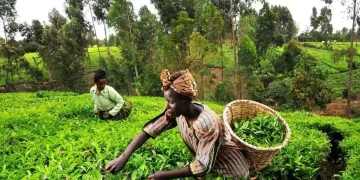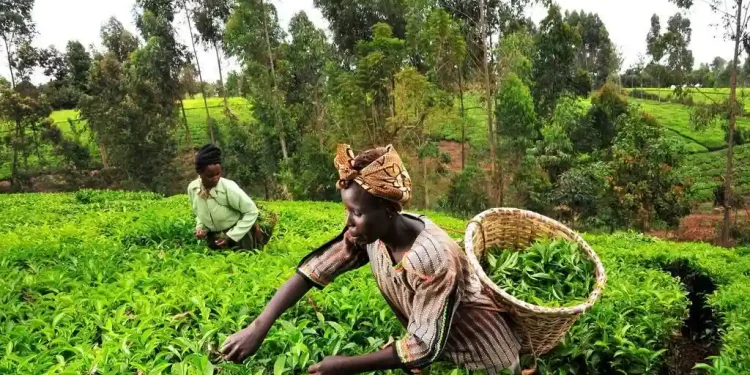By Maria Kalamatas | July 31, 2025
Nairobi, July 31 — In Kericho, where green tea fields stretch to the horizon, farmers are no longer waiting weeks to know if they will be paid in full. A new blockchain system, tested by several cooperatives in the Rift Valley, is changing how their tea is tracked, certified, and sold abroad.
Each shipment is fitted with tiny temperature sensors and scannable tags before it leaves the farms. At every stage — loading, cold storage, transit to Mombasa — the data is logged automatically. The moment the shipment reaches the port and meets quality checks, a smart contract triggers instant payment to the growers.
Esther Mwangi, who heads a cooperative of 600 smallholders, says the difference is already visible. “Before, we spent days arguing with buyers when delays or mishandling happened along the way. Now, everything is transparent. They can scan a QR code and see the tea’s entire journey — which field it came from, how it was stored, the exact delivery time.”
Since the rollout earlier this year, participating farmers have earned 5 to 7 percent more per kilogram than before. Exporters in Germany and the UK, who demand strict proof of origin and cold chain integrity, have also signed long‑term contracts thanks to the system.
With the November harvest approaching, more cooperatives in East Africa are preparing to adopt the same model, hoping to reduce disputes, cut waiting times, and secure higher margins on the global market.





















